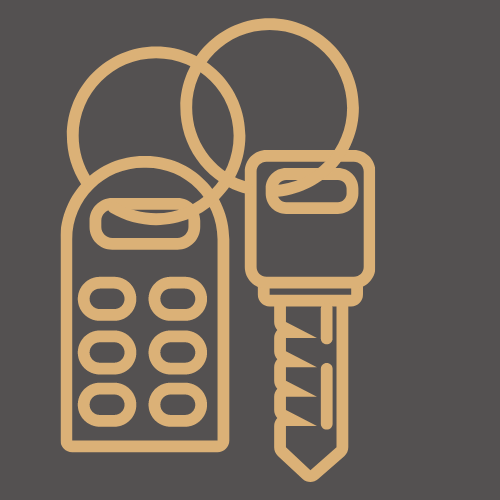When charged by Police you will receive a Court Attendance Notice. These notices come in a number of forms including a field CAN giving to a person at the scene and a future CAN both of which do not typically have bail conditions attached.
A Court Attendance Notice typically comes with bail conditions, these CAN’s are produced and served whilst you are in custody.
Regardless of which, being charged with any offence is serious, and you should obtain competent legal advice early. Catron Simmons Lawyers can assist you.
The time, date and location of the court that you are required to attend. Court typically starts at 9:30am, you should arrive early to find the court room you are in and get your named signed off with the court officer.
There are some important etiquette rules when entering a courtroom including:
- Phone is switched off
- No eating, drinking and/or smoking
- You should limit your talking in the courtroom, if you have to talk do so very quietly or step outside
- As you enter and leave the courtroom you should bow to the coat of arms sitting above the magistrate or judges head.
Court attire should be conservative and well presented. Ensure that you are groomed. Defiantly don’t wear any clothing that would be deemed offensive.
It is important to always obtain legal advice, this is to ensure that you have been charged wit the right offence and that the fact sheet adequately reflects the nature of the offending and in particular the offending charged.
It is important that on any plea of guilty submissions are able to be put to the court that are appropriate, effective and give you the greatest chance of a fair sentence.
In some cases, if you cannot afford a lawyer, you can apply to the Legal Aid Commission to represent you. Legal Aid and a number of community Legal Centres offer free advice sessions to any person without the need to meet certain financial requirements.
The Court Attendence Notice nominates a date for you to attend court, this is referred to as a mention date. A mention date is any date priori to the hearing of your matter. On the first mention date, the court the court will ask you for a plea, meaning guilty or not guilty. It is also not uncommon for persons to ask for an adjournment for legal advice.
Typically, on a plea of guilty most minor matters are dealt with on the day of the pleading. However, the court may order a report from Probation and Parole to enable a better understanding of your background and sentencing options such as community service.
On a plea of not guilty depending on the matter a brief order will be made, for more serious matters you will be required to come back to court for almost a progress report and to confirm your plea. If you maintain a plea of not guilty the matter will be set down for hearing and/or committal in the local court.
On the date of hearing the Police will come and subpoena witnesses and the evidence will be heard. At the end of the hearing the magistrate will decide on the matter. If the matter is found proven the magistrate will sentence on that date or another depending on the seriousness.
If the matter is committed a date will be given in the district or Supreme Court and a trial or sentence date will be set at that time.








